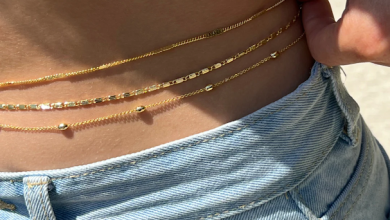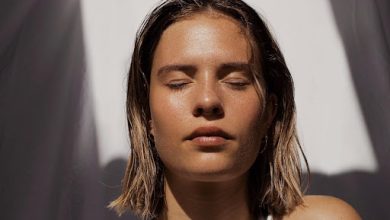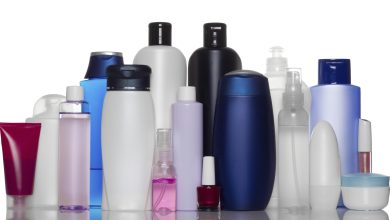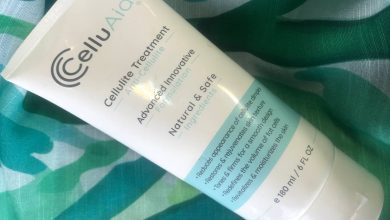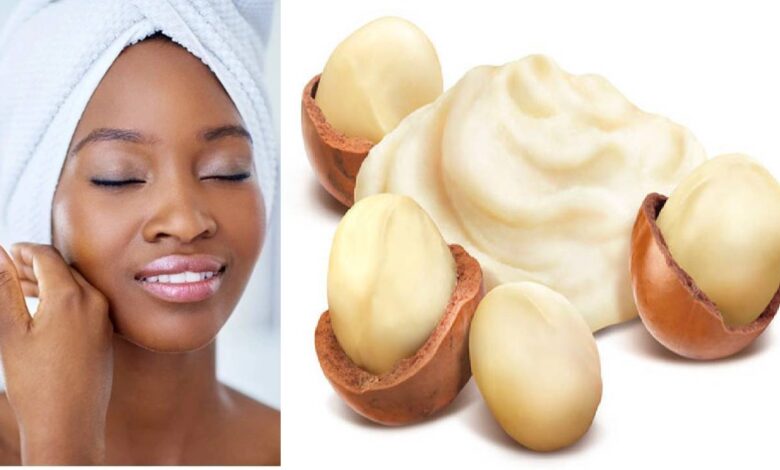
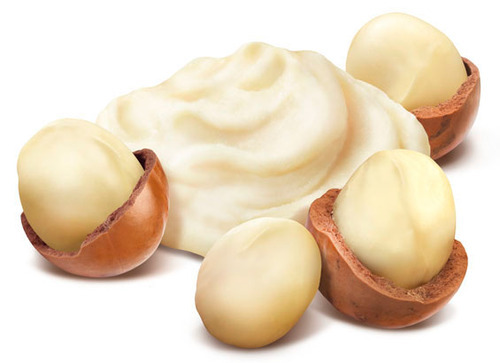
Shea Butter, also known as Ori is a wonderful all round health and beauty balm. One of those gifts of nature.
One that everyone should crave for. It is gotten from seeds of the fruit of the Shea (Karite) tree and known to be a rich source of vitamins A, E and F.
It offers UV protection (it is SPF ~6) and provides the skin with essential fatty acids and the nutrients necessary for collagen production.
Shea butter has been used in Africa and other countries for years to improve skin and hair.
Shea butter (ori) This superb moisturiser with exceptional healing properties has more to offer than just the foul odour which most people dislike.
It exhibits so many health benefits, most of which are for the skin and hair, and ignoring this odour may help you achieve most of these benefits.
Natural Shea Butter Raw or Unprocessed is the purest and best form to be used as it has not gone through stages of processing which will kill some of its vitamins and other natural properties, thereby reducing its benefits.
The good thing is that the refined form still possesses many benefits, so it is advised that you make use of any type within your reach.
Table of Contents
Shea Butter Benefits
Shea butter exhibits several health benefits, particularly for the skin and the hair. It is used in a variety of cosmetics and medicinal formulas in combination with other botanical ingredients. Some of the health benefits of shea butter are given below.
Moisturizes Dry Skin
Shea butter is an excellent moisturizer for the face and the body. Its fat content is responsible for its emollient and humectant properties .
It locks in the moisture in the skin and keeps it hydrated for long. Dehydrated and dry skin becomes rough and scaly.
Certain areas of the body can even develop skin cracks due to dryness. Shea butter can nourish the skin with its fat content.
Nasal Inflammation And Nasal Congestion
The next time you experience nasal congestion, all you need to do is apply some shea butter in your nostrils using your finger.
This might sound weird, but it works. Nasal congestion is often a result of inflammation of the inner linings of the nasal passages.
The anti-inflammatory compounds of shea butter can reduce this inflammation and clear your nostrils.
Soothes Muscle Aches
Muscular pain often results from an inflammation at the affected site due to exertion or a muscular ailment.
Traditionally, shea butter has been extensively used in Africa to relieve muscle aches and soreness.
Even though there is no concrete proof for this, feedback from people who have used shea butter to massage the affected site showed that they noticed a reduction in the swelling as well as the pain.
Rheumatism
Rheumatism is often characterized by joint pain, inflammation, and stiffness. The pain and swelling can also be present just in the muscles or the fibrous tissue.
It is used as an ointment on the parts of the body affected by rheumatism to relieve the swelling and pain. Its anti-inflammatory properties are of key importance here as rheumatism is basically an inflammatory disease .
Arthritis
A chronic joint disorder that is often associated with increasing age, obesity, and trauma, arthritis can be very painful for people who suffer from it.
The pain is almost constant and disrupts basic movement and the quality of life in an arthritis patient. The unsaponifiable material of shea butter is primarily composed of triterpenes.
These compounds have anti-inflammatory and antioxidant properties. Its usage by arthritis patients has shown excellent results in alleviating the swelling and pain.
Lowers Cholesterol
As we mentioned earlier, shea butter is edible and is used by many people in Africa for food preparation.
An unknown advantage of adding shea butter to your diet is its ability to lower cholesterol in the blood. This butter is rich in stearic acid, a type of saturated fatty acid that was shown to reduce lipoprotein and plasma cholesterol levels.
Helps Treat Diarrhea
Diarrhea is a symptom of many ailments and can also occur just by itself. It can be treated using a wide range of medicines and herbal concoctions.
There is increased demand these days for the addition of shea butter to dietary-aid products that are being formulated for diarrhea treatment. This is based on the traditional usage of shea butter for its anti-diarrheal properties .
Wound Healing
Shea butter has skin moisturizing properties, and these are accompanied by healing properties because of the wide variety of phytonutrients it contains. Wounds, cuts, and abrasions are healed quickly with regular application of shea butter.
It gets easily absorbed into the deeper layers of the skin, where it supplies all the essential fats and nutrients while enhancing the cell repair function by increasing microcirculation.
Treats Acne And Blemishes
Shea butter is known for its healing properties, which can be attributed to the presence of several fatty acids and plant sterols such as oleic, palmitic, stearic, and linolenic acids.
These oil-soluble components do not undergo saponification or convert into soap on coming in contact with alkalis. Shea butter is more non-saponifiable than other nut oils and fats, thus imparting it great healing potential.
Raw, unrefined shea butter is effective in curing skin rashes, skin peeling after tanning, scars, stretch marks, frost bites, burns, athletes foot, insect bites and stings, and acne.
Reduces Skin Inflammation
Shea butter has several derivatives of cinnamic acid that exhibit anti-inflammatory properties. These properties make it beneficial for the improvement of skin conditions that result from an increase in inflammatory compounds.
Generalized inflammations from conditions like dermatitis and rosacea can be alleviated by using shea butter on the affected area. Sunburns, rashes, cuts, and scrapes that can result in swelling can also be treated using this butter.
Anti-Aging And Anti-Free Radical Agent
Shea butter is considered as one of the best anti-aging agents for the skin. It stimulates the production of collagen, the youthful scaffolding protein in the skin.
The vitamins A and E found in this butter keep the skin supple, nourished, and radiant. If used regularly, it reduces wrinkles and also prevents premature wrinkles and facial lines. Its anti-aging properties can also be attributed to its ability to increase circulation to the skin and promote cell renewal.
Healing Qualities
Shea butter is known for its healing properties that can be attributed to the presence of several fatty acids and plant sterols such as oleic, palmitic, stearic and linolenic acids.
Raw, unrefined shea butter is effective in curing skin rashes, skin peeling after tanning, scars, stretch marks, frost bites, burns, athletes foot, insect bites and stings, arthritis, and muscle fatigue.
Provides Relief To Itchy And Peeling Skin
For itching skin, both the moisturizing and the anti-inflammatory properties of shea butter prove to be beneficial. Dryness can cause your skin to start peeling and/or become flaky.
It can cause the skin to itch. The moisturizing fatty acids of shea butter can provide relief by supplying the skin with the oils it needs.
If the itching is due to a skin condition like psoriasis, the anti-inflammatory activity of shea butter works really well to alleviate it.
Restores The Elasticity Of The Skin
The non-saponifiable matter and vitamin F in this butter are vital ingredients for maintaining the skin’s elasticity. Shea butter also improves the production of collagen in the skin.
Thus, its application restores the natural elasticity of the skin besides hydrating, softening, and beautifying it . Restored elasticity also ensures reduced wrinkles and blemishes.
Reduce Razor Irritation And Bumps
Shaving hair using razors can often leave your skin irritated and itchy. At times, it might even develop bumps post shaving as a result of the irritation.
Shea butter can help reduce this as it moisturizes and soothes the irritated skin. You can also apply the butter a day prior to shaving to smoothen the skin and hair.
This will make the shaving process easier and faster and doesn’t leave any irritated spots behind.
Reduces Stretch Marks
Shea butter is often used as a base in ointments or creams prepared commercially for stretch mark treatment.
This is because it can dramatically help prevent and reduce stretch marks formed during pregnancy due to weight gain and/or weight loss.
These marks are formed when the skin stretches beyond its elastic capacity. The application of shea butter will restore the natural elasticity of the skin and also improve collagen production. It is a natural emollient.
Sun Protection:
Shea butter acts as a natural sunscreen by providing protection against the ultraviolet radiations of the sun, though the level of protection offered may be variable.
Shea butter is considered as the best skin care for winter and after-sun care as it provides the extra moisture, nutrients and protection needed by your skin during the cold season and summer.
Baby Care
Shea butter is an excellent natural moisturizer that is devoid of chemicals. Thus, it is ideal for baby care as besides being gentle and soft on the skin, it is specially adapted for the delicate and sensitive skin of babies.
It can be used for after bath application on the skin and also for healing eczema or diaper rash on the skin of babies.
Lip Care
Shea butter is easily absorbable and provides extra moisture and nutrients that are needed during the cold season and dry weather.
Thus, it acts as a perfect lip balm to protect your lips from cold and dry weather and is effective for treating dry and chapped lips.
Repairs Damaged Hair
So many chemical treatments like straighteners, perms, and curlers are responsible for stripping off the natural moisture from our hair, but shea butter can help restore this lost moisture.
It also protects the hair from harsh weather conditions like harmattan and the harmful free radicals in the air and water. Here is a simple way to include shea butter in your hair care diet.
Take a tablespoon of raw or unrefined shea butter and melt it in the microwave for 30-60 seconds.
Once the butter cools down slightly, make small sections of your hair and apply the liquefied butter to the scalp and entire hair length.
Leave it on for half an hour and then rinse your hair with a mild shampoo.
UV Protection
Shea butter acts as a natural sunscreen by providing protection against the ultraviolet radiations of the sun, though the level of protection offered may be variable.
Cinnamic acid, found in shea butter, is a compound that provides UV protection, and the SPF ranges from 6-10 depending on the butter’s quality. It is not recommended to use shea butter alone as a sunscreen as its SPF is considered to be low to provide ample protection from the harmful rays.
Shea butter is best used after sun exposure to soothe the skin and also reverse the oxidative damage caused by the sun
An Alternative To Coconut Oil, Butter, Or Olive Oil In Cooking
Healthy fats, antioxidants, and anti-inflammatory compounds all of these make shea butter a viable and better option than regular butter or even coconut oil and olive oil.
It might take a day or two to get used to its taste, but its benefits are plenty and worth the adjustment. Use it for stir-frying or simply add a small dollop to your morning smoothie to reap its benefits.
You could even substitute it for butter or lard for your toasts, sandwiches, and pancakes. As always, opt for the unrefined version, even for cooking/eating purposes.
Side Effects Of Shea Butter
Side effects resulted from topical application or ingestion of Shea Butter:
- Itchy rashes
- Hives
- Nausea
- Weakness
- Dizziness
- Headache
- Abdominal pain
If you experience any of the above symptoms, stop using shea butter immediately and consult a doctor.
LEAVE COMMENT
For any important information please contact us Email GadgetsNg info@gadgetsng.com
[Button id="1"]
